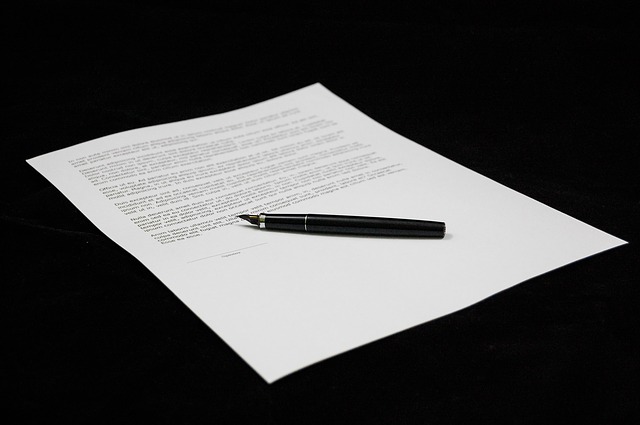In Cole v. Richardson, 405 U.S. 676 (1972), the Supreme Court upheld a Massachusetts loyalty oath for public employees against a First Amendment free speech challenge. In 1970 the justices had remanded the case to a federal district court to see if it was moot.
The Massachusetts oath required state employees, in this case a sociologist at Boston State Hospital, to affirm to “uphold and defend” the U.S. and state constitutions and to “oppose” their overthrow “by force, violence or by any illegal or unconstitutional means.”
Court upheld state loyalty oath as similar to others already upheld
In the opinion for the Court, Chief Justice Warren E. Burger noted that the first part of the oath was similar to other oaths that the Court had affirmed; he disagreed with the lower court ruling that the second part of the oath was void for vagueness. He judged that this opinion had rested on “too literal an approach to the second clause” and explained that this part of the oath did “not require specific action in some hypothetical or actual situation,” but “simply makes clear the application of the first clause to the particular issue.”
In a brief concurring opinion, Justices Potter Stewart and Byron R. White observed that the oath avoided treading on rights to conscience by permitting individuals either to affirm or swear.
Dissent warned against tyranny of government test oaths
In a dissenting opinion, Justice William O. Douglas asserted that the second part of the oath violated the Court’s decision in Brandenburg v. Ohio (1969) limiting restrictions of speech to cases likely to threaten imminent lawless action. Douglas opined, “Test oaths are notorious tools of tyranny.” He further believed that if one part of the oath could not withstand scrutiny, the other part must fall as well.
In dissent, Justice Thurgood Marshall, joined by William J. Brennan Jr., would have upheld the first part of the oath but voided the second part as being unduly vague. He also considered the second part to be “an overbroad infringement of protected expression and conduct.” Like Douglas, Marshall felt that despite their prevalence,“[l]oyalty oaths do not have a very pleasant history in this country.” He quoted Justice Hugo L. Black’s opinion in Speiser v. Randall (1958) to note that such oaths, like other contemporary national security measures, “tend to stifle all forms of unorthodox or unpopular thinking or expression . . .which has played such a vital and beneficial role in the history of this Nation.”
John Vile is professor of political science and dean of the Honors College at Middle Tennessee State University. He is co-editor of the Encyclopedia of the First Amendment. This article was originally published in 2009.

